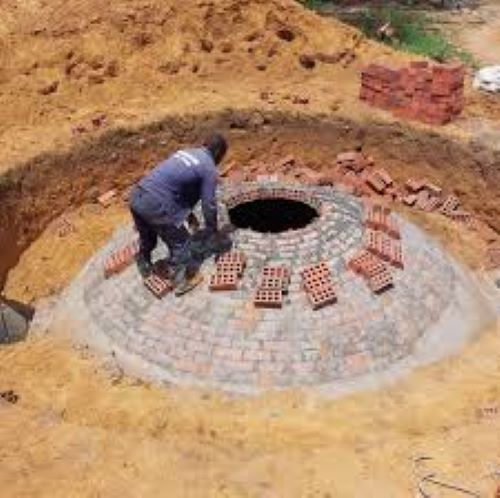ASHENEWS reports that a Zambia’s Assessment Report and Action Plan on biogas has highlighted that biogas is an alternative energy source to hydroelectricity. The report comes amid an increased deficit in hydroelectricity due to the El Niño factors affecting power generation.
By Alfonso Kasongo
This platform reports that Zambians now experience over 12 hours of load-shedding daily. The country has an installed hydropower generation capacity of about 3,356.6 MW, which is depleting rapidly due to El Niño factors, creating an estimated 750 MW deficit.
The government, through the Ministry of Technology and Science, is exploring the use of biogas energy under a project with the United Nations Conference on Trade and Development (UNCTAD), a Geneva-based UN agency.
The project on the biogas technological assessment programme started in 2021 in the country.
ALSO READ Journalists, scientists collaborate to enhance communication in Zambia
Speaking during the launch of the UNCTAD-Zambia Technology Assessment Report and Action Plan on the assessed biogas energy in Kasupe, Lusaka West, at Nyamazana Farms, then-Acting Permanent Secretary of the Ministry of Technology and Science, William Katongo, disclosed that the report elaborated on biogas as an alternative source of energy.
The project’s main objectives are to build and strengthen the capacities of Zambian science, technology, and innovation for policymakers, academia, researchers, entrepreneurs, and other relevant stakeholders.
Katongo said the UNCTAD biogas report came against the backdrop of wide consultations, leading to the completion of the initial methodological setup steps while pending conclusion on quality assurance protocols and subsequent publication of the report and action plan.
He disclosed that the report is enshrined with assessments, inclusive analysis, findings, and recommendations for wider adoption and commercialization of biogas technology in Zambia.
Katongo said the skills acquired and lessons learned could be replicated for agriculture and other economic sectors by the government in the country.
The Acting Permanent Secretary said that globally, technology assessment is recognized as a vital methodological toolbox for selecting particular technologies and innovations that support socio-economic development from an extensive pool of global technologies.


